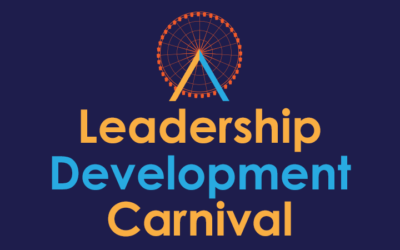Study: Calling All White Men: Can Training Help Create Inclusive Workplaces? (Catalyst, 2012)
Finding: Diversity programs for white male leaders can build more positive workplace cultures and build awareness around full inclusion.
InPower Insight: Awareness matters. Taking the time to help leaders understand their own beliefs and biases pays off in their willingness to run more inclusive workplaces. Don’t train the women to succeed in broken workplaces, train the people running the workplace to become more inclusive.
Summary:
This Catalyst study did something unusual and evaluated the impact of diversity and inclusion training on the white men who were leaders in Rockwell Automation.
Over the course of just four months, researchers found evidence that the program, conducted by a group known as White Men as Full Diversity Partners, did, in fact, have a transformative effect, shifting both the mindsets and behaviors of participants. Participants not only became significantly more accepting of the notion of white male privilege, but also showed improvement on five critical behaviors for building relationships across difference, including:
- Critical thinking about social groups.
- Taking more responsibility for being inclusive.
- Inquiring across differences.
- Listening empathically.
- Addressing difficult issues related to difference.
Participants’ coworkers also began noticing some of these changes in their colleagues and reported an overall decrease in workplace incivility—specifically, negative gossip.
Career Coaching Tip: As a woman, the first thing you need to understand is that while you are responsible for your own success, the culture you work in – and the people that run it – matter too. If you can’t get your bosses to run white men education programs, you can look for opportunities to help them see what they don’t see in their own behavior and beliefs. First, learn to observe your bias, and theirs. You have biases and sometimes you may not be seeing things clearly either. If you believe they are being biased, don’t get angry, try one of these strategies. (1) Point out non-defensively that there are opportunities they’re missing – to involve people like X, Y and Z in decision-making. (2) Offer to run a task force that deliberately seeks new fresh views to a sticky problem. (3) Admit some of your own biases and explain how you’re working to overcome them and how you’d appreciate an open dialog where you could work with them so you could – together – improve the culture and take advantage of more people’s talents. By taking such leadership, you may get yourself noticed and promoted and help improve the culture dramatically. If you run into hostility, consider shifting to another work culture.






